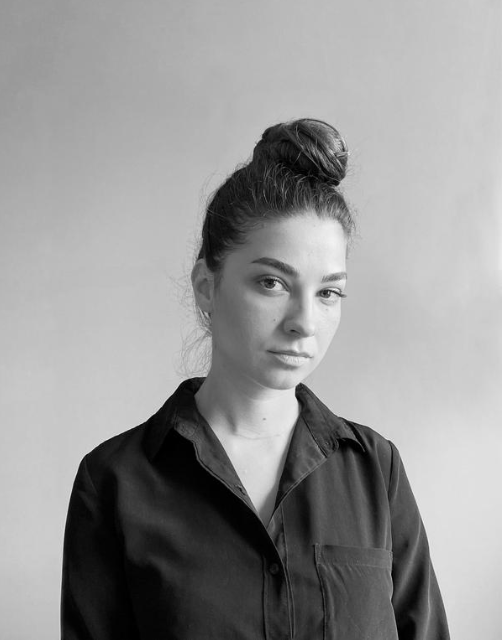S+T+ARTS4Water II – Erzë Dinarama wins the artistic residency
Erzë Dinarama is the winner of the artistic residency at the OGR Torino, developed as part of the European project S+T+ARTS4Water
An architect and interdisciplinary designer from Kosovo, Erzë Dinarama works at the intersection of urban planning, landscape architecture and ecology. She was selected with the proposal Fluvial Rights. Po River's Biodiversity, Climate Change, and Pollution.
The project focuses on the shared management of the Po River, proposing a community-oriented approach focusing on biodiversity and sustainability. It promotes common sensing, a collective effort to sense and understand the often neglected river ecosystem in a more conscious and participatory way.
Integrating digital common goods and water common goods, the artist imagines the creation of an interactive platform that collects ‘microstories’ from local communities along the Po. Through territorial testimonies, it will document how populations are adapting to the challenges imposed by pollution and climate change, such as the increasing drought caused by receding glaciers.
In addition to highlighting community initiatives that shape the river landscape, the project transforms these narratives into concrete solutions by proposing a prototype that combines digital and phyto-technologies.
The residency is actively supported by a network of local partners, Orti Generali, Alpstream, VisoAViso, Hydroaid, Monviso National Park and Fondazione Santagata and the final result will be presented at OGR Torino in autumn 2025.
The project responds to the mission of the second edition of S+T+ARTS4Water: to bring together art, science and technology to imagine innovative and sustainable solutions to crucial environmental challenges. Through collaborative art residencies, international educational workshops, exhibitions, conferences and networking activities bringing together artists, researchers, stakeholders and ICT experts, S+T+ARTS4WaterII facilitates interdisciplinary collaboration, collective critical thinking, research, experimentation and artist-led co-design. These collaborations are geared towards specific local or regional water challenges to imagine future water management through creative and critical artistic works, new digital solutions and public engagement.
